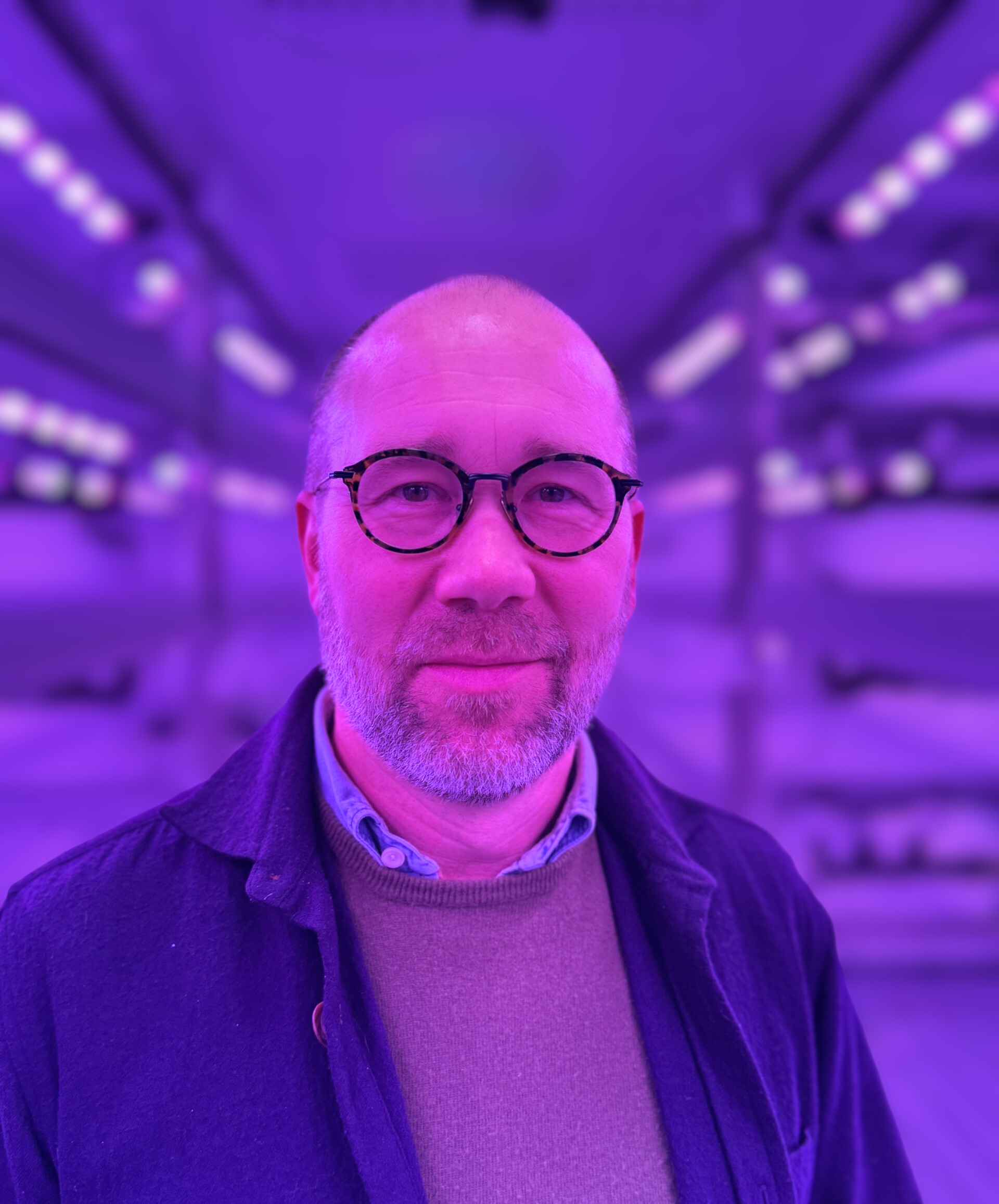The future
of farming
Our research team conducts advanced research on crop cultivation in controlled indoor environments, with the goal of developing methods that reduce the climate footprint.
Traditionally, food production has been increased by using more land and combating pests with chemicals, but this is no longer sustainable. We already use half of all habitable land, and our ecosystems cannot handle more strain.
.png)

The three
principles ...
... of our Supernormal research
Our research and development department explores the potential of plants within Controlled Environment Agriculture (CEA). We aim to develop sustainable and nutritious products that can reach more people and contribute to a better future.
.png)
For every problem, there is a plant
There is far more to discover beyond the familiar plants we see in grocery stores. With over 400,000 plant species worldwide, we have only begun to scratch the surface of what nature has to offer. Many of these plants hold the potential to enhance our health, create new sustainable materials, and contribute to longer, healthier lives.


Hard times, builds strong plants
To grow nutrient-rich and resilient plants, we expose them to a bit of stress. It may sound unusual, but when the plants respond to stress, they produce beneficial compounds that strengthen them and improve their quality.
Food can be medicine (again)
Our plants can be packed with beneficial nutrients, such as vitamins, minerals, and important compounds like antioxidants, polyphenols, and flavonoids. However, with today’s agricultural practices, we risk losing much of the nutritional value in our food. For us, food can be used as medicine—if it is grown the right way.

Let´s innovate together
Do you have an idea that could change the future? We welcome collaboration on research projects or new, sustainable solutions for future cultivation systems. Contact us to discuss how we can drive innovation and create sustainable solutions together.Karl Johan Tärbe
A Business Developer that´s everything but normal.








.svg)